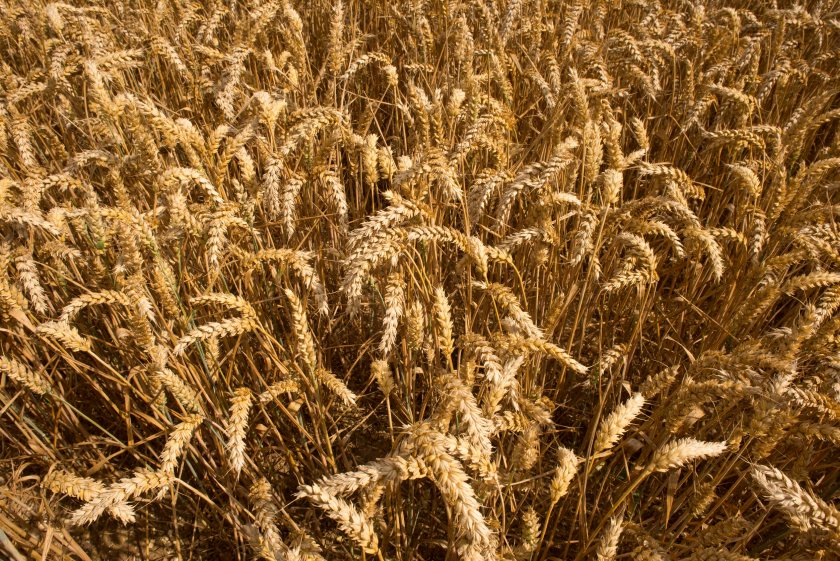Vivergo shutdown sparks fresh fears for UK biofuels and wheat growers

The NFU has issued an urgent plea to government after one of the UK’s two bioethanol plants, Vivergo in Hull, ceased taking wheat deliveries—raising serious concerns for arable growers and the wider biofuels sector.
The Vivergo plant in Hull, owned by AB Foods, has stopped accepting wheat deliveries and mothballed its bioethanol production site, citing ongoing uncertainty around the UK’s trade negotiations with the US.
The move deals a significant blow to wheat farmers in Yorkshire, Northern Lincolnshire, and beyond, with ripple effects expected across the national grain supply chain.
Vivergo has been a key pillar in the UK’s renewable fuel sector since its inception, processing over one million tonnes of wheat annually from more than 4,000 UK farms.
Alongside the production of low-carbon fuel, the facility generates vital co-products such as high-protein animal feed and carbon dioxide used in food processing and packaging—both of which are now at risk of disruption.
The plant’s closure raises wider concerns about the viability of the UK’s bioethanol infrastructure and comes at a time when the sector is already under pressure from volatile global markets, unclear policy direction, and mounting climate-related challenges.
NFU Combinable Crops Board Chair Jamie Burrows said the sudden suspension of operations threatens to destabilise an already volatile market.
“Not only are there huge implications for those growers that currently supply Vivergo, but this also has the potential to put further downward pressures on farmgate prices at a time when our arable farmers are already facing huge challenges including extreme weather and ongoing market volatility.”
He added that the closure underscores the urgent need for government to support the domestic biofuels industry by enabling increased use of crop-based biofuels in transport and aviation.
“In order to open up further market opportunities to incentivise UK wheat being used by UK biofuel plants, the NFU is calling for government to allow more biofuels from crops to be used in road transport and aviation.”
Industry stakeholders have also warned that if the UK does not actively support its remaining biofuel infrastructure, it risks becoming reliant on imports to meet renewable fuel targets—undermining both domestic production capacity and the environmental case for biofuels.
With UK farmers facing tighter margins and unpredictable markets, the NFU insists that the government must act now to ensure that home-grown grain has a viable future beyond feed markets—and that the bioethanol sector remains a central part of Britain’s green transition.








